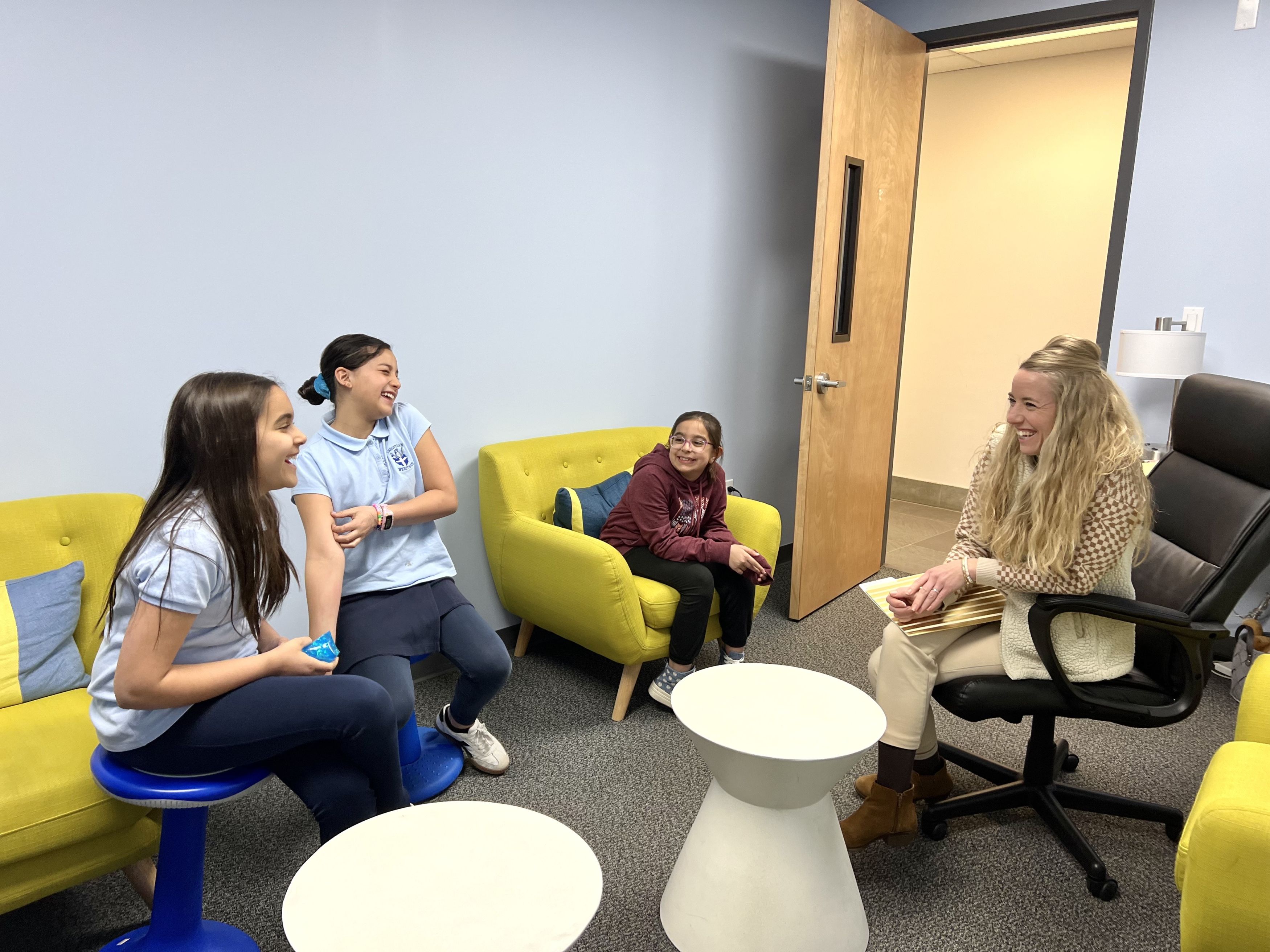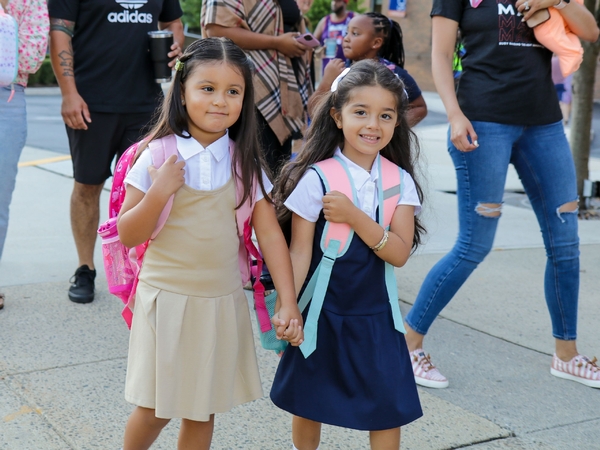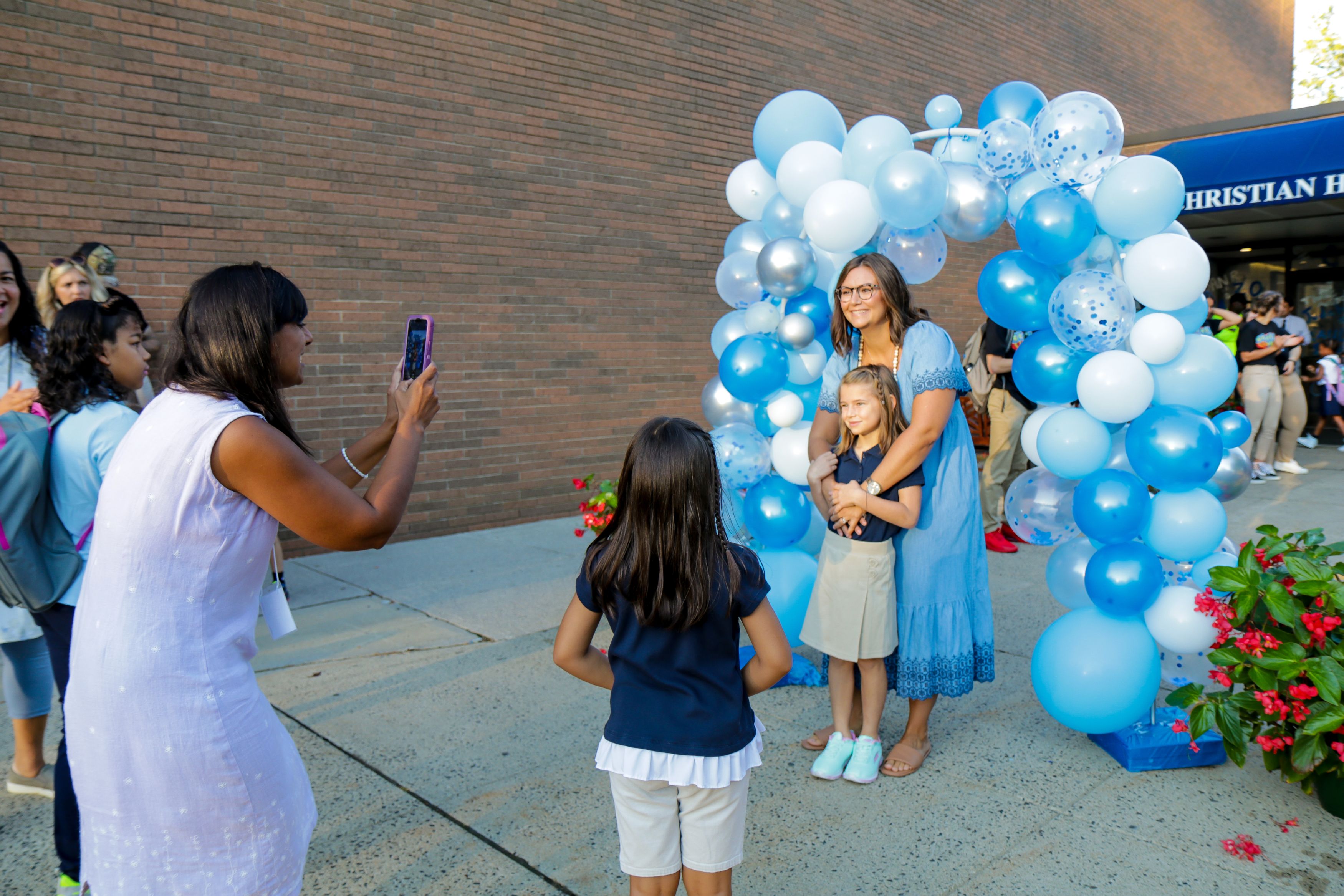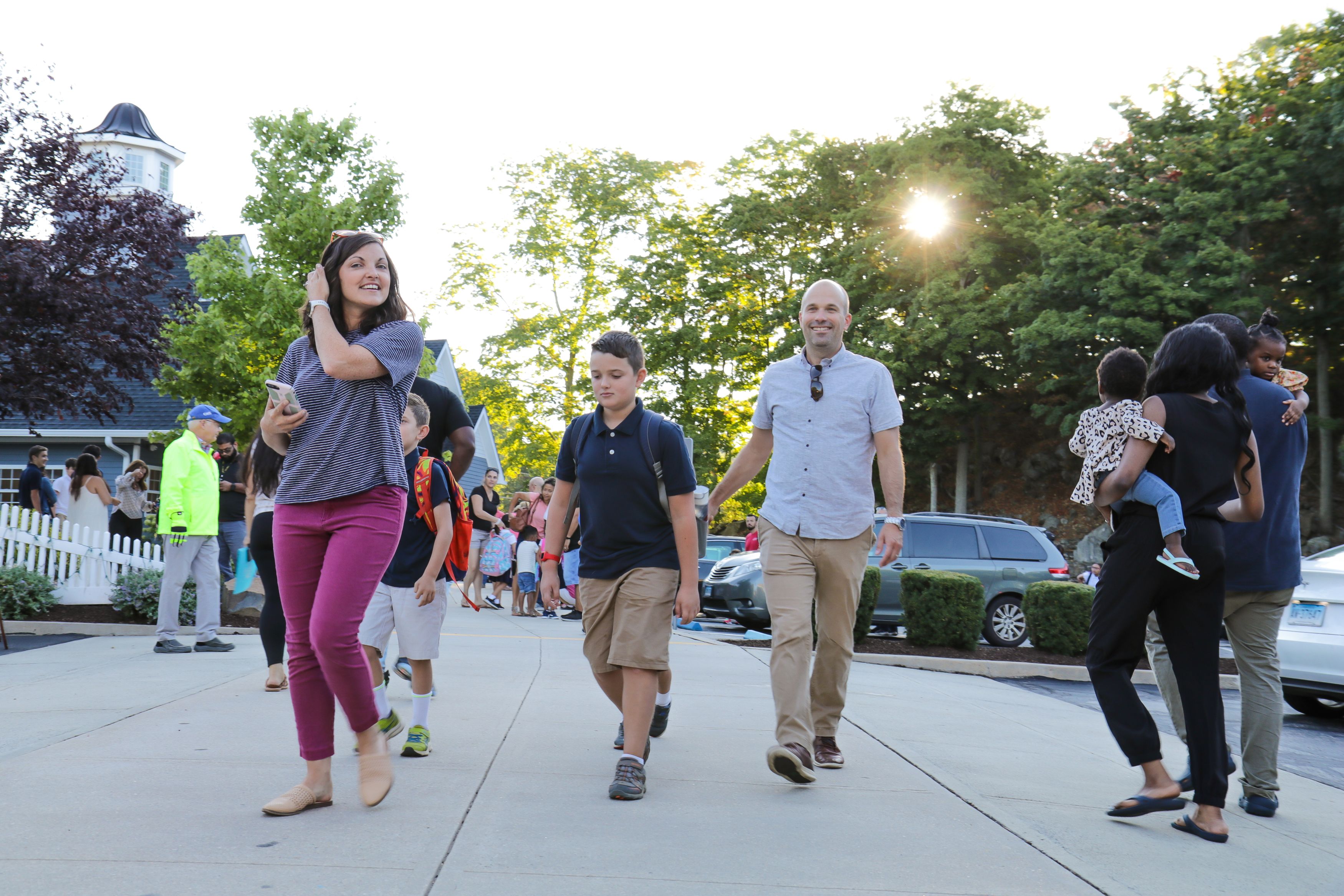A Proper Ordering of Your Loves
Our thoughts are powerful. A thought about a situation can determine our attitude, which can influence our entire day. I often say with our thoughts, we find what we are looking for. The Bible has a lot to say about our thoughts; and our thoughts greatly influence our perspective. Over the last 15 years, while working as a social worker in a variety of capacities, I have interacted with lots of different people on both an individual and relational level. And God is a relational God. One of the key metanarratives of scripture is God’s deep love for us.

I attended Christian Heritage in High School. I remember a moment in my room (the most sacred space for any teenager). I was feeling overwhelmed by some social situations. So, I got on my knees and prayed a simple prayer; “God, re-order my loves”. I have come back to that prayer many times. When I am overwhelmed by a situation or a relationship, I can center my thoughts and ask God to “re-order my loves” so that, out of an overflow of love for God, I can understand my identity and security in Christ and love others. First, we must love the Lord and out of that love for God we have a correct ordering or view of ourselves and others. Relationships with others are so important but they cannot be more important than our relationship with God and, without a proper ordering, we will look to others to fulfill and satisfy only what God can.
The question is “How do we practically do this through the counseling office at Christian Heritage School?”
.jpeg)
In lower school, I have been facilitating small groups. All lower school students will participate in a group. From kindergarten to second grade, we focus on “Getting Along in School.” These groups include three sessions: Following Group Rules, Playing Well With Others and Listening To Others. We talk about the importance of rules and practice treating others with kindness and respect. Students learn and discuss skills in playing well with others; that friends can be like traffic lights and send off signals when feeling happy, sad or mad. We also talk about listening and the importance of listening to others. The third to fifth grade students engage in groups about Friendship. In the small group sessions we talk about friendship qualities; what makes a good friend, qualities the students already have and qualities each would like to work on. We talk about communication in friendship and, through role-play, practice verbal and non-verbal communication skills. We also talk about how to solve friendship problems. Within our group discussions and learning we highlight the greatest commandment outlined in Matthew 22:37, “Jesus replied: ‘Love the Lord your God with all your heart and with all your soul and with all your mind. And the second is like it: Love your neighbor as yourself.” The ordering of these loves is crucial. It has been a joy to work with the lower school groups; students are excited to attend groups and participate.
As you may suspect, counseling looks a little different for Upper School students. I have had the opportunity to work with several different faculty to build what different levels of school counseling support could look like, from brief check-ins with students to brainstorming what small groups could look like as well as professional development opportunities from a social and emotional perspective.
I am excited about this opportunity at Christian Heritage. My prayer is that I can come alongside students and faculty members and continue to equip and strengthen all the good that is already taking place here, and keep Christ at the forefront of everything we do.

Katy Culbertson is the school counselor at CHS. She holds a BSW (Bachelors in Social Work) from Gordon College and a MSW (Masters of Social Work) from Southern Connecticut State University. She is a LCSW (Licensed Clinical Social Worker) in the State of Connecticut. She has 15 years of experience in the Social Work field working with children and families.
Back-to-School: Balancing Big Feelings

The beginning of a school year can be challenging for kids. Summer break is over, and it's time to focus, follow a schedule, and get organized. While some students may be excited to see friends, meet new teachers, or learn new things, others can feel anxious. No parent wants to see their child struggle, but challenges can help them (and us) grow.
Balancing Big Feelings
Most people want to ensure children feel less anxious when they see they're in distress, so they rush to accommodate their discomfort. But rescuing children from stressful situations can worsen their anxiety as they learn to depend on you to remove their fear, which becomes a coping pattern and hinders their maturity. You won't always be there to relieve their distress, and their anxiety will deepen as they grow.
It's better to be empathetic, help them understand their anxiety, and encourage them to face their fear. You can say, "I know you're scared, and that's okay. I'm here, and I'm going to help you get through this." With time, they'll learn to handle challenging situations, and your child (and you) will become closer to God through your endurance.
". . . the testing of your faith produces steadfastness." (James 1:2-4)
Stories Matter
Want to change how you feel about a situation? First, change how you think about it. Try thinking about how God helps us see the world differently.
As relational image-bearers of Christ, we all desire human connection. Those connections often happen in our shared stories, so talk with your child to express your interest in becoming part of their story.
If they had a challenging day, talk about it, and bear their burden. If they had a great day, celebrate, and encourage them.
"Bear one another's burdens, and so fulfill the law of Christ." (Galatians 6:2)
"stir up one another to love . . . meet regularly . . . encourage one another." (Hebrews 10:24-25)
Christian perseverance is a community endeavor. God calls us to love Him and love our neighbor. It's in mutual affection for one another and sharing our stories that we persevere and thrive.
Questions for your child could include:
- Tell me a few things you liked and didn't like about your day.
- Who in your class can we pray for?
- What happened at lunch today?
- Tell me one new thing you learned and what made you laugh today.
- What was the kindest thing you did for someone today?
Often kids are not facing academic and social demands at home, which can trigger behaviors in school that the teacher will see, but the parents won't. A teacher knows the challenges, successes, and friendships their students have. They are allies who genuinely want what's best for each student.
Good questions to ask teachers include:
- How is my child doing?
- Do you have any concerns about their social or academic skills?
- Do they need my help with anything?
Parent Tips

- Create a routine to talk with your child about their feelings.
- Kids can pick up on nervous energy, so be positive and calm, expressing faith, perseverance, and joy as your child begins the school year.
- Anticipate and trust what God has planned for your child.
- Don't put unrealistic expectations of perfection on your child.
- Most setbacks are healthy for maturity, so embrace them.
- Ensure your student gets proper sleep and eats breakfast before school.
- Try to avoid fixing every problem your child experiences. Sometimes kids want to talk about challenges to validate their feelings without someone trying to fix them.
- Talk about changing friendships and how to have REAL (Respectful-Encouraging-Accepting-Loving) God-honoring relationships with others.
- Changing teen brains causes mixed thoughts and behaviors, so ask them about school experiences and challenges.
- If your child struggles with extreme behaviors about returning to school, talk to their teacher or the principal for guidance and next steps.

Abounding Grace
Parenting is a gradual process of letting go as our children mature. Wherever you are on your parenting journey, God’s grace is sufficient. We can’t be with our children 24/7, but God can. His care and presence are better than anything we can give them.
“God makes all grace abound, so that having all sufficiency in all things at all times, you may abound in every good work.” (2 Corinthians 9:8)
Nancy Fujii Bio/Work Experience
 Nancy joined CHS in 2021 as a part-time K-12 Christian Counselor. Nancy counsels and teaches in a classroom, small group, and individual setting, helping students understand God and themselves through their identity in Christ. This school year, Nancy will teach a social-emotional Christlike character formation curriculum showing how our thoughts, feelings, beliefs, and experiences shape us. Before joining CHS, Nancy co-founded the Family Peace Center, where she continues to serve in the local community helping families build God-centered relationships.
Nancy joined CHS in 2021 as a part-time K-12 Christian Counselor. Nancy counsels and teaches in a classroom, small group, and individual setting, helping students understand God and themselves through their identity in Christ. This school year, Nancy will teach a social-emotional Christlike character formation curriculum showing how our thoughts, feelings, beliefs, and experiences shape us. Before joining CHS, Nancy co-founded the Family Peace Center, where she continues to serve in the local community helping families build God-centered relationships.

